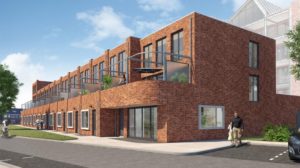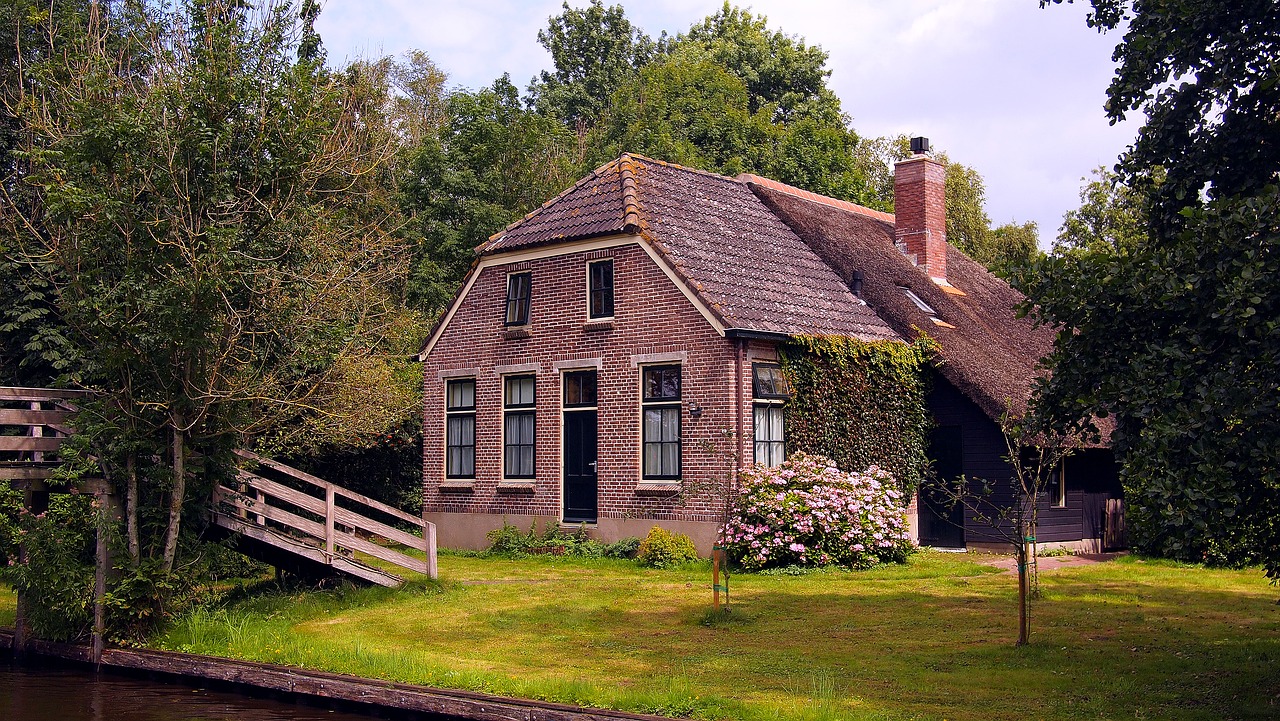There is a wealth of information online, about what you need to be on top of, to acquire a property in the Netherlands. Real Estate agent sites, Property sites, Expat site articles and even Government sites provide extensive advice on it. This piece will try and explore beyond just acquiring a house in the Netherlands. Investing in a second property and renting a primary residence tend to be the options available especially to expats. These options will be delved into here.

Purchasing an investment property
Acquiring a second property to let, is starting to gain steam but isn’t overtly encouraged by many financial institutions. Only a few lenders like NIBC and LTV, are open to offer loans on investment mortgages (do approach your local bank first – you may get lucky if the conditions are right). To be eligible for an investment mortgage, you obviously should not have maxed out the mortgage on your primary residence. Being a knowledge migrant in The Netherlands for at least three years with a steady income, also feature in the criteria for eligibility. In Eindhoven, your rent and monthly mortgage installments are relatively equal. So buying a second property may prove to be quite a good decision.
Lenders may finance upto 85% of the market value on slightly higher rates of interest (3-5%). If the mortgage provided, is 50% or less of the property value, then the repayment term can be upto 30 years. If you require higher than half the property value as mortgage, then only short terms like a 10 year repayment plan maybe on offer. These conditions vary depending on the lending institution. It is quite normal for the financial institutions, to place conditions like not permitting the use of premises for short stay rentals like Airbnb. Lending establishments typically set your mortgage eligibility based on the rent you levy. They generally expect you to charge 25% over your mortgage repayment.
 Renting your home
Renting your home
It is also possible to rent your primary residence when it is time to return home or move on, although you must get explicit permission for this from your lender. You must also be aware of the tax implications on your mortgage interest deduction, because the property is no longer your primary residence. You must also continue to file your tax returns in the Netherlands till you own the property.
Factors like the strict laws pertaining to tenant rights should also be weighed in before you decide to rent. Property management costs will also add to your bill, while you retain the property in the Netherlands. Rent collection and regular repairs like pipe leaks, boiler maintenance etc. can be managed for you by an agency. Naturally local taxes will also apply till ownership ends.
Although there are a number of costs aligned to the retention of a property in the Netherlands, the biggest advantage it affords is the capital gains tax relief. You may choose to sell whenever it is convenient and you will not be liable to pay capital gains tax on the sale. This exemption is not applicable if the sale of property is conducted as part of a real estate business with multiple holdings.
Costs related to purchasing a property
There are few costs to buying an existing house or apartment in the Netherlands and they generally include the ones listed below :
Transfer tax : This is charged at two percent of the property value and does not apply if the property is brand new.
Civil Notary fees : From 900 to 2,000 euros – depending on the Notary you hire.
Valuation report: Every lender will require this report to be done. This costs around 500 euros.
Financial advisor : This is optional and usually costs upwards of 1,000 euros.
Insurance costs : Home insurance is mandatory. Household items insurance and even a term life insurance on mortgage can be drawn if required.
Real Estate Agent fees : You may go on your own but it is a lot safer to retain an agent. Charges may vary between 1,000 and 3,000 euros or between .5% -1.5% of the property value.
Structural Survey – All property purchase agreements after 1 February 2018 include a withdrawal clause pending a structural survey. This usually costs around 500 euros. This component is not mandatory but only the buyer may decide whether to remove this clause from the agreement.
The real estate market in The Netherlands looks to retain its robustness especially given the new October 15th amendment to the 30% ruling. Do take time to explore your options and seek the counsel of a financial advisor especially before investing in a second property.
For Eindhoven News: Anna John
Main picture: Epicantus Pixabay
Article picture: Boudewijn Huysmans, Unsplash
















